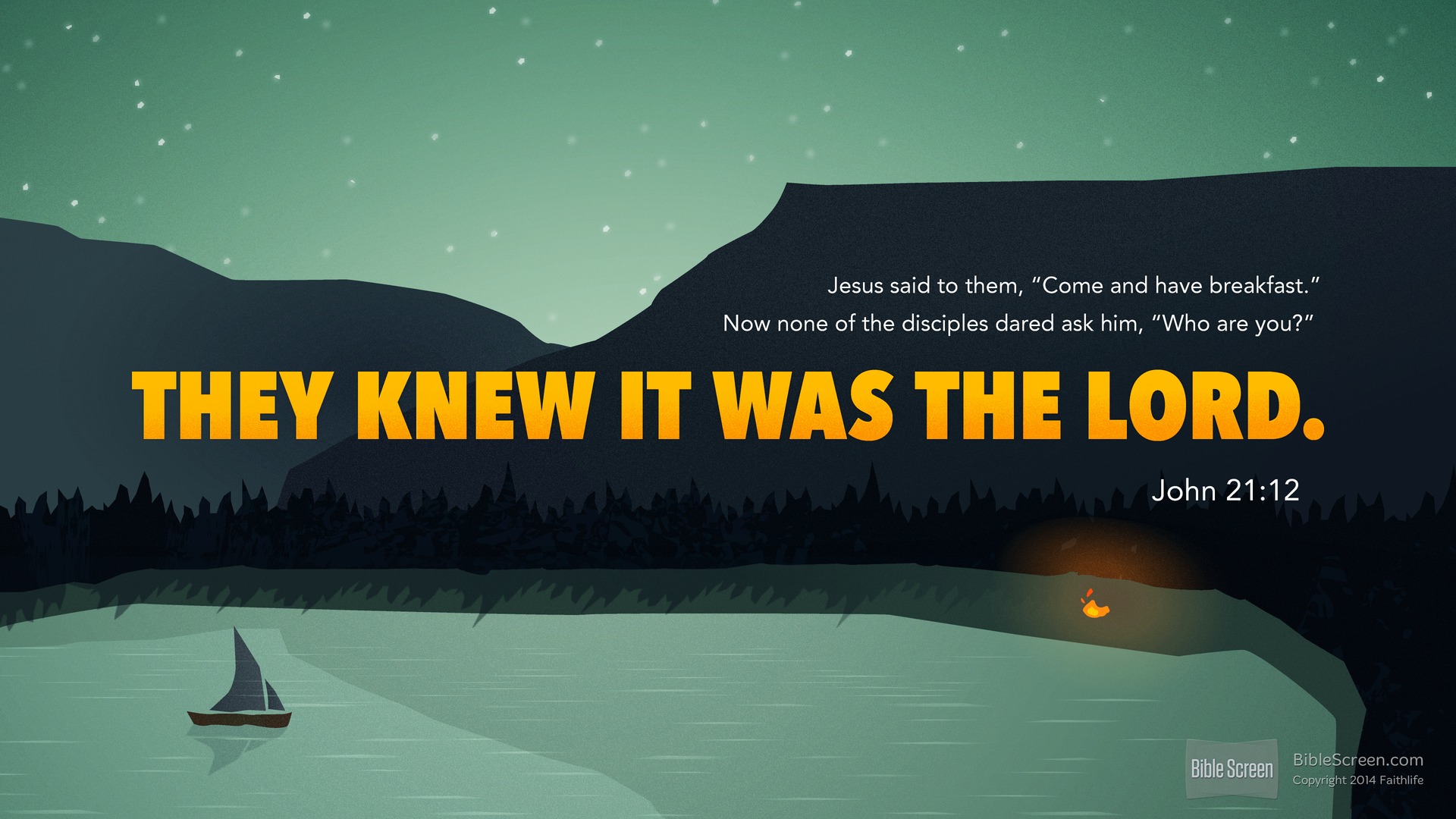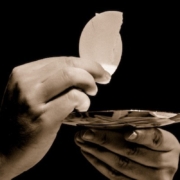
Q. This Sunday’s Gospel is taken from John 21. Does this chapter have any implications for the papacy?
A. Other texts, like Matthew 16, are often cited in this regard, but John 21 has one of the strongest proofs for the ongoing role of the office of Peter in the universal Church. Even non-Catholic scholars recognize this.
Q. Does the miraculous catch of fish in this chapter have anything to do with the Petrine office?
A. Fishing, of course, wasn’t just the former trade of the apostles; it represents their evangelistic mission of being “fishers of men”. The unbroken net conveys the unity of the one Catholic (universal) Church. Elsewhere, when Jesus provides a miraculous draught of fish, the nets begin to break from the strain; here, the nets are intact. Peter, dragging the net ashore, evokes his leadership in bringing the Church safely home to Christ, even to the shores of Heaven itself.
Interestingly, although the catch was so big that the disciples struggled to bring the nets aboard, almost sinking their boat, Peter now easily drags the net ashore all by himself. The Greek verb in the original text that is used to describe Peter’s dragging of the net is the same one used by Jesus in John 12:32. This is where Jesus says that, as he is lifted up from the earth, he will draw all people to himself.
Q. Why does the text mention specifically that 153 fish were caught?
A. By far, the most puzzling aspect of the passage is the reference to the 153 fish. First of all, this is an authentic eyewitness detail. On a secondary level, many commentators have proffered various theories to explain what this number might symbolize (John’s Gospel functions on “two levels” – there is often a secondary, “heavenly” meaning to earthly events). Most of these interpretations suggest the idea of the universality or completeness of the catch.
So, to sum up: we have Peter, alone, dragging the unbroken net of a universal catch to the shores of heaven. This is clearly a reference to his position as leader of the Church on earth.
When you add to all of this the threefold charge of Jesus to Peter (“Feed my Sheep”) that immediately follows, the picture is complete. Peter is singularly (in the original Greek text) given this responsibility to shepherd the universal Church. Keep in mind also that this event is recounted in the same Gospel in which Jesus describes himself as the “Good Shepherd” (John 10). Before his Ascension, Jesus here reaffirms Peter’s unique leadership position, passing the earthly reins of the Church to him.


